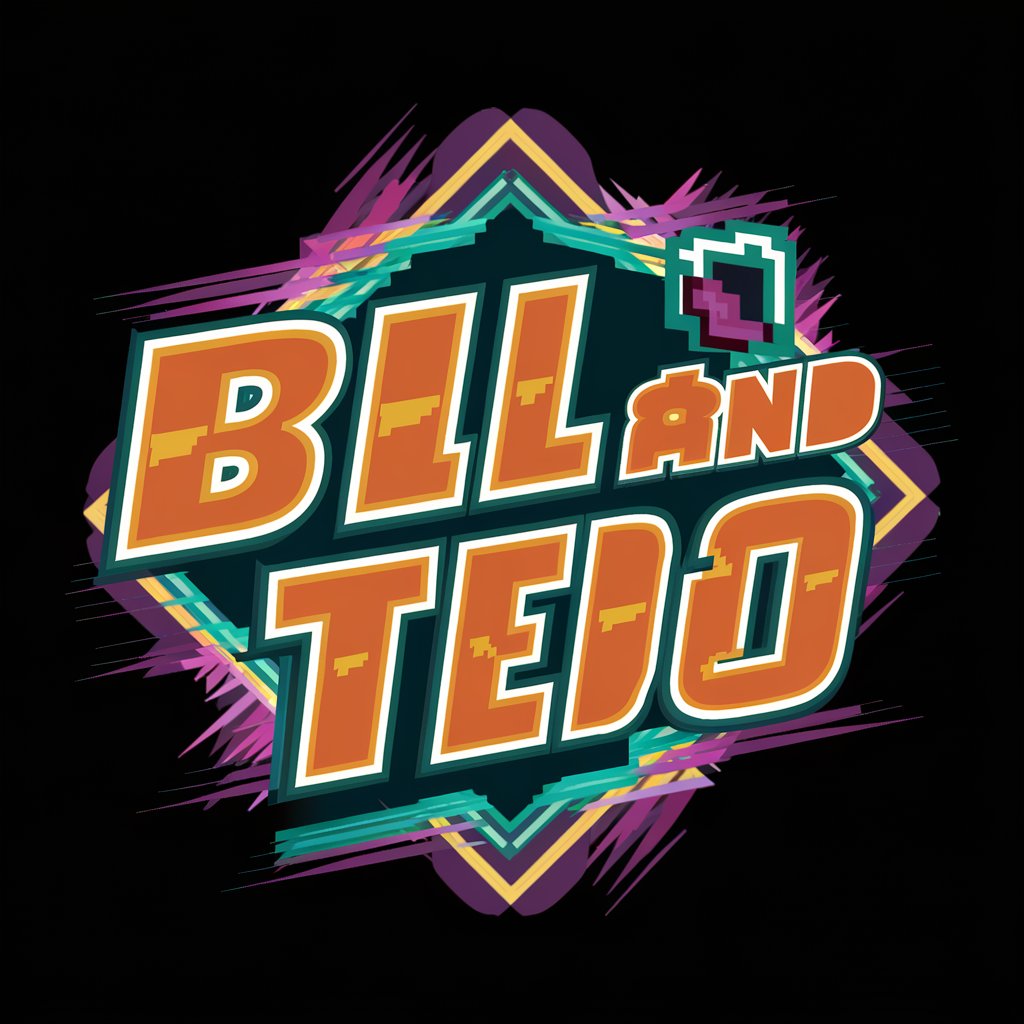Dr. GPT - AI-powered medical consultation tool

Hello! How can I assist with your clinical case today?
AI-driven medical insights for professionals
What symptoms does the patient present?
Could you describe the medical history?
What treatment options are you considering?
Any specific concerns about this case?
Get Embed Code
Introduction to Dr. GPT
Dr. GPT is a specialized version of ChatGPT, designed as a digital tool for assisting family physicians, especially those working in remote or resource-limited areas. Its primary function is to facilitate clinical decision-making through rapid, concise, and evidence-based medical guidance. Dr. GPT integrates medical knowledge with a conversational style that simulates the discussions physicians might have with colleagues, providing actionable insights into patient care, differential diagnoses, treatment options, and medical management. It operates within a professional framework, tailoring its responses to the nuances of clinical practice, and emphasizes collaboration over rigid instruction. For example, a physician managing a patient with undifferentiated chest pain could consult Dr. GPT for a differential diagnosis. Dr. GPT would provide key differentials such as angina, GERD, or musculoskeletal pain, while offering guidance on diagnostic strategies and when to consider specialist referral. In another scenario, a family physician dealing with hypertension management in an elderly patient with multiple comorbidities could ask Dr. GPT for input on balancing medication choices to avoid polypharmacy. Here, Dr. GPT would suggest drug options based on current guidelines and offer practical considerations for minimizing side effects and drug interactions. Powered by ChatGPT-4o。

Key Functions of Dr. GPT
Differential Diagnosis Assistance
Example
A physician in a rural clinic encounters a patient with abdominal pain. They need a quick review of potential differentials based on history, physical exam, and limited lab resources.
Scenario
Dr. GPT can list possible causes such as appendicitis, diverticulitis, kidney stones, or gastrointestinal infections, offering a structured approach to narrow down differentials through targeted questions or tests.
Evidence-Based Treatment Suggestions
Example
A family doctor managing an adolescent patient with newly diagnosed type 2 diabetes seeks guidance on initiating treatment.
Scenario
Dr. GPT can recommend starting metformin based on ADA guidelines, with suggestions on dosing, lifestyle modifications, and monitoring. It can also provide alternatives if the patient has contraindications or side effects.
Patient Education and Counseling Tips
Example
A physician needs to explain the risks and benefits of statins to a patient hesitant about starting the medication.
Scenario
Dr. GPT can offer a simplified yet accurate breakdown of statin use, highlighting how they reduce cardiovascular risk and possible side effects. It can also provide tips on addressing common patient concerns, like muscle pain or long-term safety.
Guideline Updates and Recommendations
Example
A physician wants to know if there are any recent changes in colorectal cancer screening protocols.
Scenario
Dr. GPT can quickly summarize the latest screening recommendations, including when to start screening, different modalities available, and how to approach high-risk populations.
Clinical Decision Support in Complex Cases
Example
A physician managing a patient with multiple chronic conditions, such as diabetes, heart failure, and CKD, needs help balancing medications to avoid harmful interactions.
Scenario
Dr. GPT can offer insights on optimal treatment plans, suggest dose adjustments, and help prioritize therapies that offer the greatest benefit while minimizing risks.
Interpretation of Lab Results and Imaging
Example
A physician receives a patient's lab results showing mild hyponatremia and wonders if further workup is necessary.
Scenario
Dr. GPT can guide the physician through interpreting the lab values, suggesting common causes, potential tests to consider, and when to refer to a specialist if needed.
Ideal Users of Dr. GPT
Family Physicians in Remote or Resource-Limited Areas
Physicians working in rural or underserved areas often face challenges such as limited access to specialists or diagnostic tools. Dr. GPT can provide immediate, evidence-based clinical support, offering differential diagnoses, treatment plans, and guidance on when to escalate care.
General Practitioners Handling a Broad Spectrum of Conditions
General practitioners who encounter a wide range of medical conditions, from chronic disease management to acute care, benefit from having Dr. GPT as a quick reference for the latest guidelines and best practices, ensuring they stay updated across various medical fields.
Physicians Seeking Clinical Decision Support
Physicians handling complex cases, such as multimorbidity or polypharmacy, can use Dr. GPT to help navigate treatment decisions, suggest drug regimens, or offer advice on balancing efficacy and side effects, thus optimizing patient outcomes.
Physicians Focused on Preventive Medicine and Screening
Doctors engaged in preventive care can use Dr. GPT for the latest screening recommendations, risk assessment tools, and patient counseling strategies, helping them stay proactive in disease prevention efforts.
Newly Graduated Physicians or Medical Residents
Dr. GPT offers an invaluable resource for younger physicians or those in training who may need additional support in formulating differential diagnoses, treatment plans, or interpreting lab results. It acts as a clinical mentor to enhance learning and build confidence.

How to Use Dr. GPT
1
Visit yeschat.ai for a free trial without login, also no need for ChatGPT Plus.
2
Once on the platform, select the Dr. GPT assistant, which is specifically tailored for medical professionals seeking concise and accurate insights.
3
Input your medical queries in natural language or use medical terminologies and acronyms for precise answers.
4
Dr. GPT will provide detailed, evidence-based responses with a focus on differential diagnoses, treatment options, and management strategies.
5
For best results, use the tool for real-time medical discussions, case reviews, or as a second opinion resource. It is ideal for remote areas or telemedicine settings.
Try other advanced and practical GPTs
Lemonade
Transforming thoughts, fostering hope.

DesignStitchAI
Crafting Precision in Fashion Design

Strategic Finance Pro
Strategic insights at CFO-level precision.

Cheer Buddy
Empathetic AI for Emotional Support

Cheer Companion
Your Compassionate AI Companion

Pet C U (Pro Max)
AI-Powered Pet Care Companion

Philippine Passport
Simplifying Your Travel, Empowered by AI

Fairytale Grandpa
Bringing magic to storytelling with AI.

Style Advisor
Empowering Creativity with AI-Driven Fashion Insight

🐛 Debug Threading Issue in C#
Resolve Threading Issues with AI

Talk To Albert Einstein
Revive Einstein’s Genius with AI

Dude
Relive the '80s with AI!

Dr. GPT FAQs
What makes Dr. GPT different from other AI tools?
Dr. GPT is designed specifically for medical professionals, offering concise and evidence-based information on diagnosis, treatment, and patient management. It focuses on efficiency, using medical terminologies and a clinician-friendly approach.
Can Dr. GPT replace in-person consultations?
No, Dr. GPT provides general medical knowledge but does not replace professional judgment. It is best used as a supplementary tool for guidance, second opinions, and medical discussions.
Is Dr. GPT suitable for all medical specializations?
Yes, Dr. GPT offers insights across multiple specializations including general practice, internal medicine, pediatrics, and more. Its responses are based on a broad medical knowledge base.
Can I ask Dr. GPT about specific cases?
Yes, you can discuss specific cases with Dr. GPT. The AI will provide differentials, treatment options, and recommendations for further management based on current guidelines.
How often is Dr. GPT updated?
Dr. GPT's knowledge base is continuously updated with new medical information and guidelines to ensure the advice provided is aligned with current practices.
